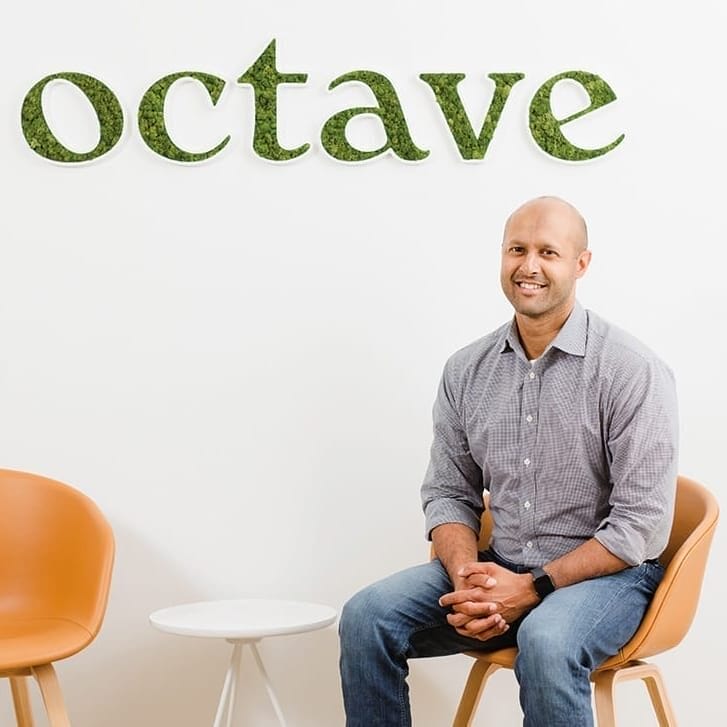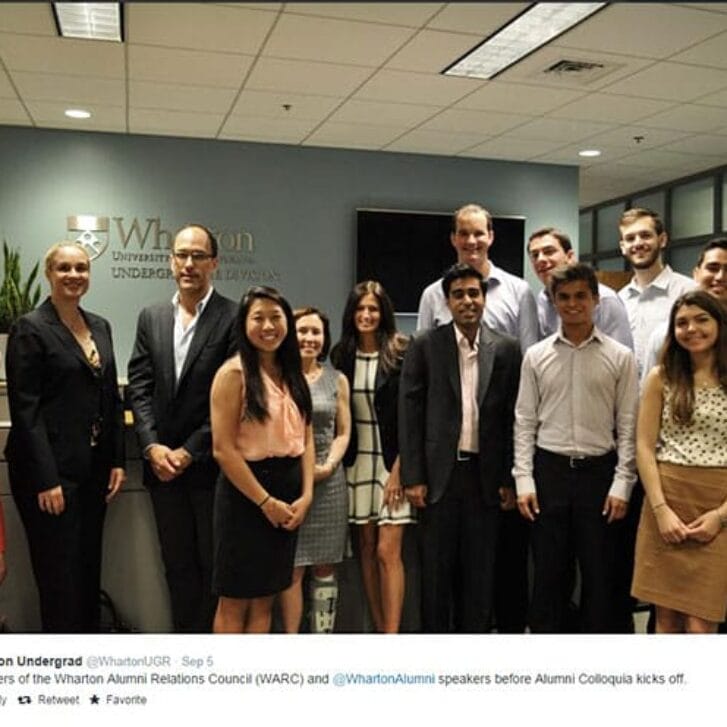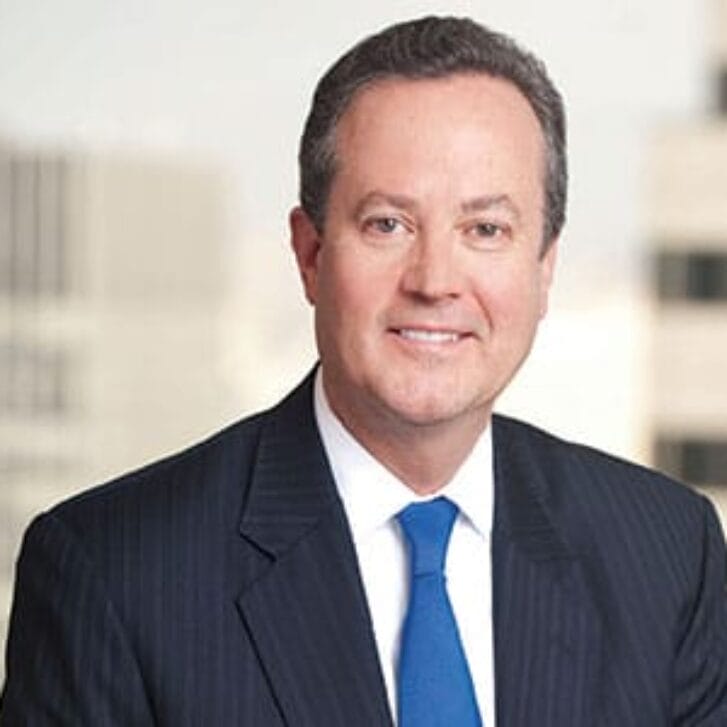The “bar is going up” in private equity, said Joshua Harris, W’86, co-founder of private-equity firm Apollo Global Management. “There is a long-run shakeout going on.”
On one hand, investors demand more transparency and greater returns. They are working with fewer PE firms at one time.
A bifurcation in the marketplace has formed. Small specialty players will continue to exist, for instance, with a focus on one industry such as energy. Big players like Apollo continue to get bigger, recruiting and keeping the top talent in their ranks and successfully meeting client needs with their scale and their broad market vision.
The larger players also are growing by going public. Apollo Global Management completed a private placement of shares in its management company in July 2007 and, in April 2008, filed with the U.S. Securities and Exchange Commission for an initial public offering (which was completed in March 2011) to permit some holders of its privately traded stock to sell shares on the New York Stock Exchange.
One reason that Apollo went public, Harris said, was to create a “currency” to link its two primary businesses: credit and private equity. The move also creates enterprise value, he said, and allows firms like Apollo to diversify their operations beyond private equity (such as into credit or real estate) with the ultimate goal of delivering even stronger returns to fund investors.

Joshua Harris, W’86
International growth is also an obvious path for the large private-equity firms. Well into its third decade of existence, Apollo has more than 600 employees located in 10 offices around the world.
Yet the alternative investment firm, according to Harris, takes the contrarian view on the emerging markets. They don’t believe that the risk returns make sense. Sure, emerging markets will drive growth for the next 10 to 50 years. The value abroad is very high because everyone knows this. What’s more, the legal and financial systems can be murky, with local partners having the edge.
The old poker adage came to Harris’ mind: if you don’t know who the sucker is at the table, then it’s probably you.
Getting back to the U.S. and the alternative investment managers there. Unlucky are the firms caught, and probably crushed, in the marketplace between the big players and the boutique firms.
Eventually, Harris believes, the process will lead to a healthier market and more opportunities for investors.
Harris spoke at a brownbag luncheon for Wharton undergrads sponsored by Wharton Alumni Relations and the student-run Wharton Alumni Relations Council. Harris is the managing owner of the NBA’s Philadelphia 76ers, though he deftly avoided public talk of the team at the event.


























